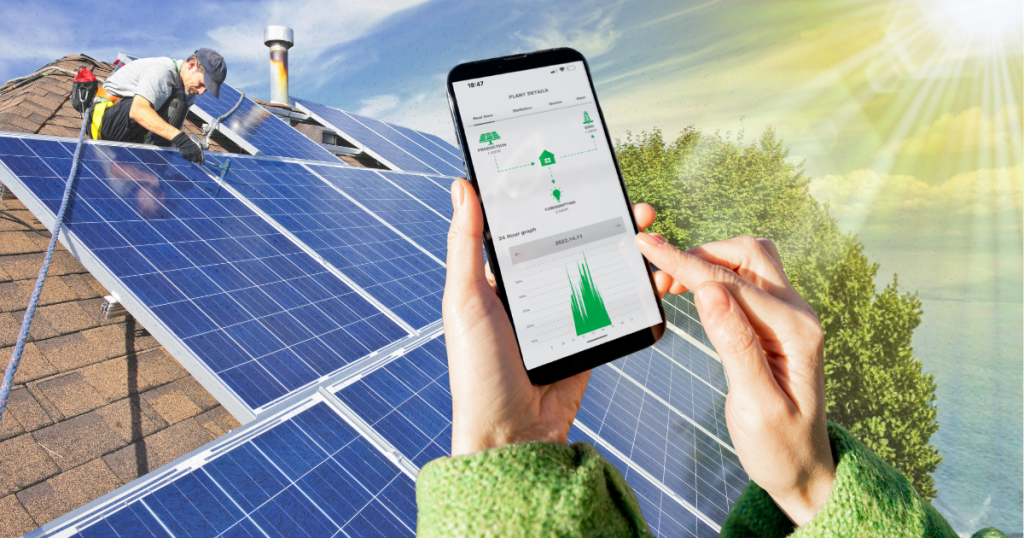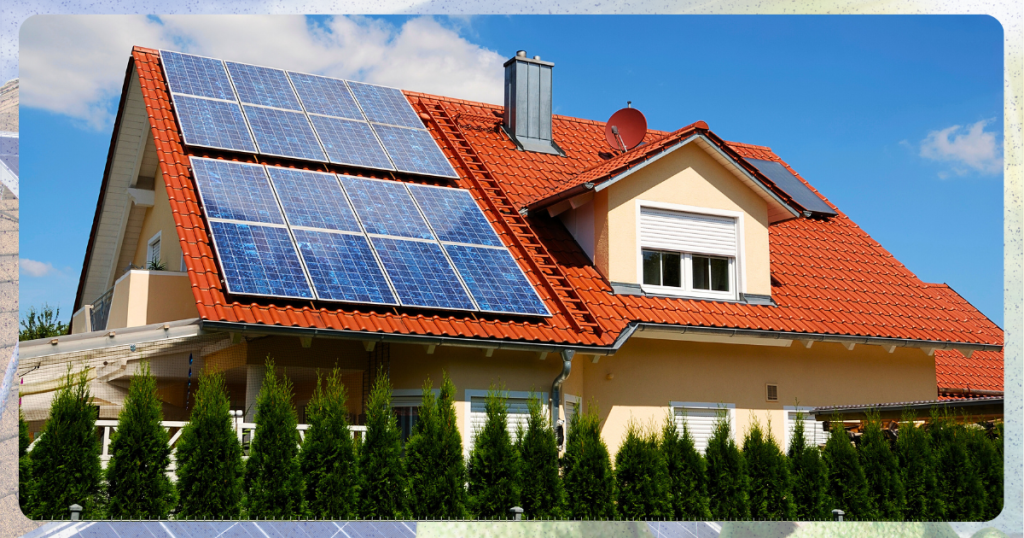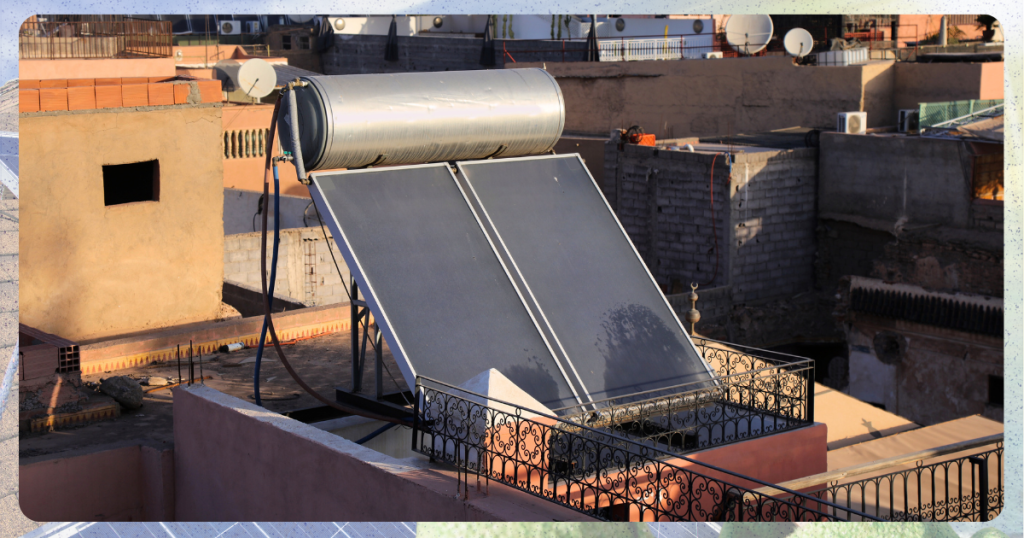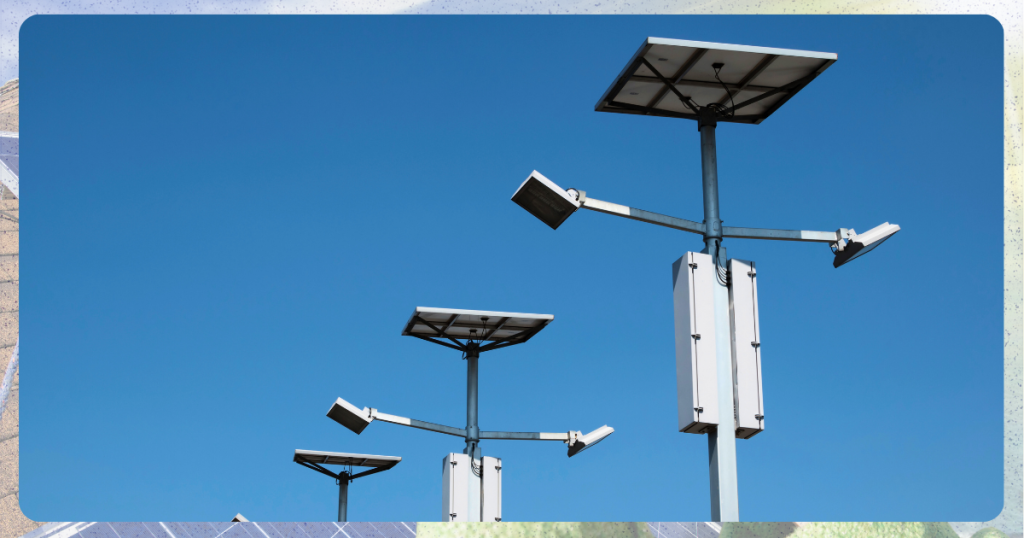Electricity prices in the Philippines continue to climb, adding pressure not only to households but also to business owners who rely on steady power to keep operations running. At the same time, global attention is turning toward sustainability, as traditional energy sources like coal, oil, and natural gas contribute heavily to rising greenhouse gases and a warming planet.
Solar power has become one of the most practical and eco-friendly alternatives available today. It converts sunlight into clean electricity, helping homes and businesses cut costs while supporting environmental goals. For business owners, it’s a long-term investment that can reduce operating expenses, strengthen energy independence, and boost brand credibility among eco-conscious customers.
In this article, we will explore why switching to solar panels is a smart move for both homeowners and business owners, and how it can lead to lasting savings and a cleaner future.

How Traditional Energy Sources Affect the Planet
Most of the electricity we use comes from power plants that burn fossil fuels such as coal, oil, and natural gas. These fuels release large amounts of carbon dioxide and other greenhouse gases into the atmosphere. When these gases build up, they trap heat, creating what scientists call the greenhouse effect.
Over time, this trapped heat causes the planet’s temperature to rise. The results are clear, and we are experiencing them right now: warmer days, unstable weather patterns, and declining air quality. Cities experience heavier smog, and ecosystems struggle to adapt to the changing climate.
Our current energy habits rely on finite resources that harm both the planet and our health. Shifting to cleaner energy sources is the first step toward breaking this cycle.
The Real Effects of Climate Change
The effects of climate change are already visible and growing stronger each year. The Philippines, located in the Pacific Ring of Fire and typhoon belt, experiences more frequent and intense storms. These typhoons cause flooding, landslides, and power outages that affect thousands of families and businesses.
Prolonged dry seasons and heatwaves also take their toll. Crops dry up, water supplies run low, and communities experience higher electricity consumption for cooling. Coastal areas face another challenge—erosion and rising sea levels that threaten homes and establishments.
Climate change is not just an environmental issue but also an economic one. It impacts productivity, infrastructure, and quality of life. Addressing it requires cleaner, more responsible energy choices.
Why Solar Power Is the Smarter Choice
Solar energy is one of the best renewable sources available today. It uses sunlight (which is a free and abundant resource) to produce electricity without harmful emissions. Once installed, solar panels can last for decades with minimal maintenance, providing consistent power and long-term savings.
For homeowners, solar panels can significantly cut monthly electricity costs. Businesses also benefit from lower operating expenses and better energy independence. Using solar energy reduces dependence on imported fuel and protects against future price increases.
Beyond savings, solar installations increase property value and demonstrate environmental responsibility. Many suppliers now offer affordable packages and incentives, making it easier than ever to start using solar power. Choosing solar means investing in a cleaner, more sustainable future while enjoying the comfort of modern living.
Real-Life Uses of Solar Panels for Homes and Businesses
Solar panels are not just for large commercial buildings. Today, many households and enterprises are turning to solar energy to power their daily operations. Here are some common and practical ways solar panels are being used:
1. Residential rooftops
Homeowners use solar panels to power appliances, lighting, and air-conditioning systems, helping reduce electricity costs and dependence on the grid.

2. Solar water heaters
These systems use sunlight to heat water for showers and kitchens, offering an eco-friendly alternative to electric water heaters.

3. Solar streetlights and security systems
Communities and establishments use solar-powered lights and cameras for safety and convenience, even during power interruptions.

4. Agricultural applications
Farms use solar panels to run irrigation systems, dryers, and storage facilities efficiently, especially in remote areas.

These real-life applications show how solar energy can power everything from homes to large-scale industries. With each installation, communities move closer to cleaner and more cost-efficient energy solutions.
A Brighter, Greener Future
Switching to solar energy brings more than just savings. It helps create a cleaner world for generations to come. Every rooftop that turns sunlight into power becomes a step toward sustainability and energy freedom.
Now is the time to embrace solar power. It’s a smart, eco-friendly, and cost-effective choice for homes and businesses that want to enjoy real savings sa kuryente from the sun!
References
Constellation. (n.d.). The Pros and Cons of Solar Energy. Constellation. Retrieved October 13, 2025, from https://www.constellation.com/energy-101/energy-innovation/solar-energy-pros-and-cons.html
Department of Energy. (n.d.). 5 Benefits of Residential Solar. Department of Energy. Retrieved October 13, 2025, from https://www.energy.gov/energysaver/articles/5-benefits-residential-solar
Gibbs, J. (n.d.). Solar panels: costs, savings and benefits explained. Energy Saving Trust. Retrieved October 13, 2025, from https://energysavingtrust.org.uk/advice/solar-panels/










